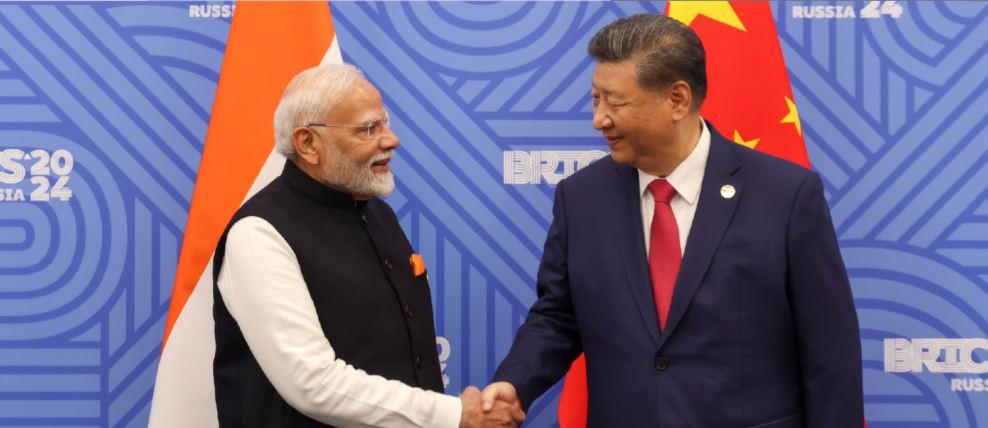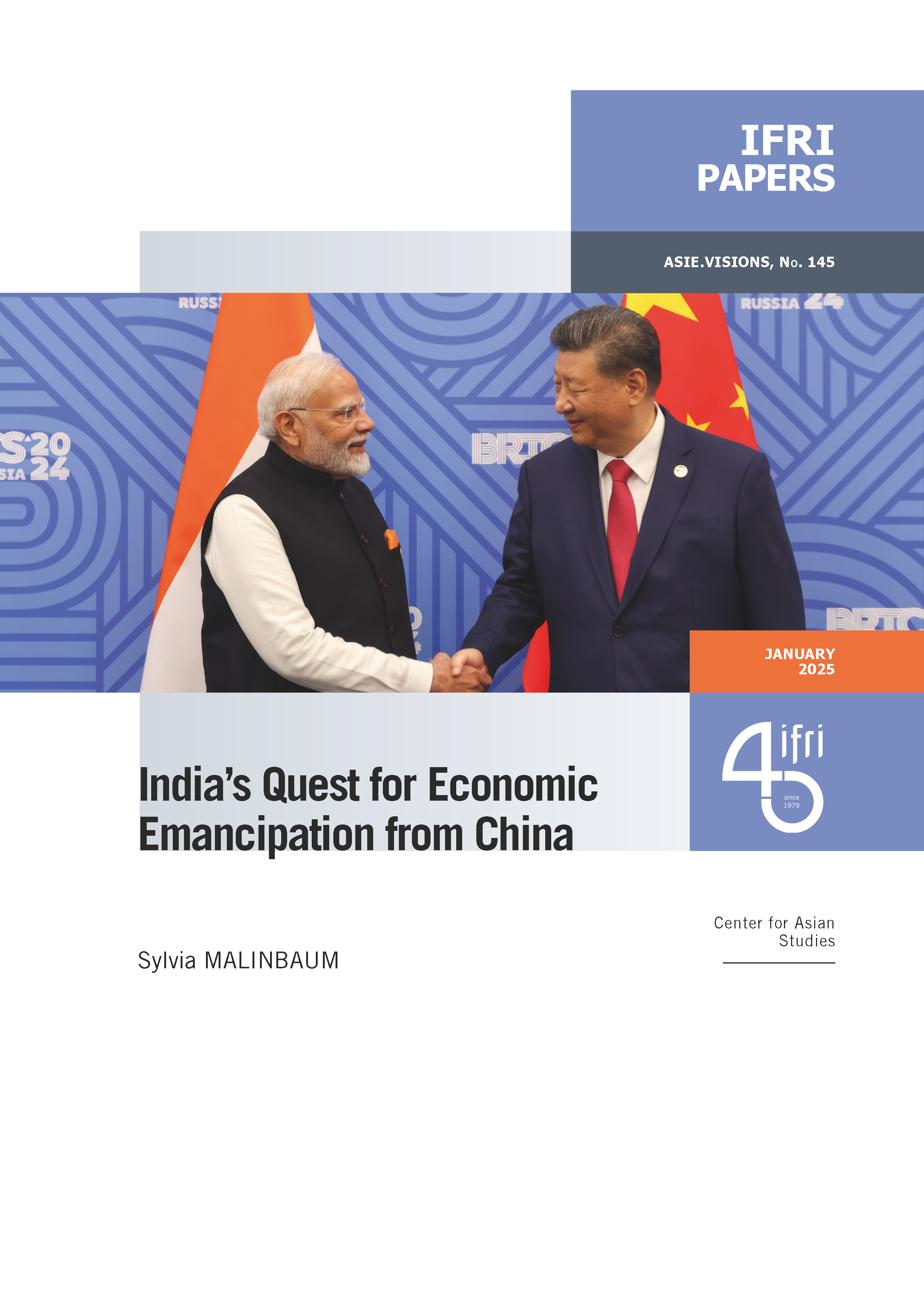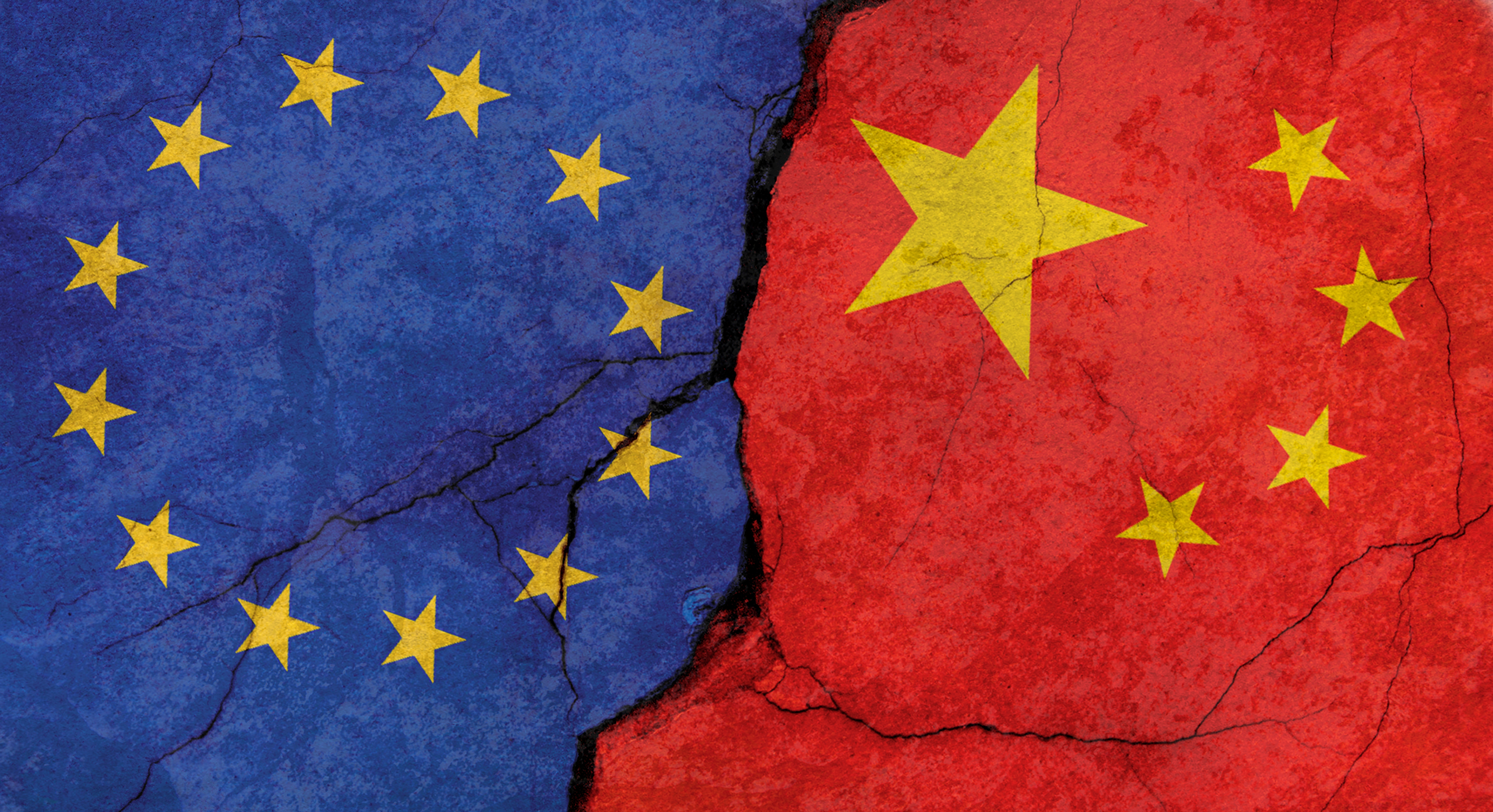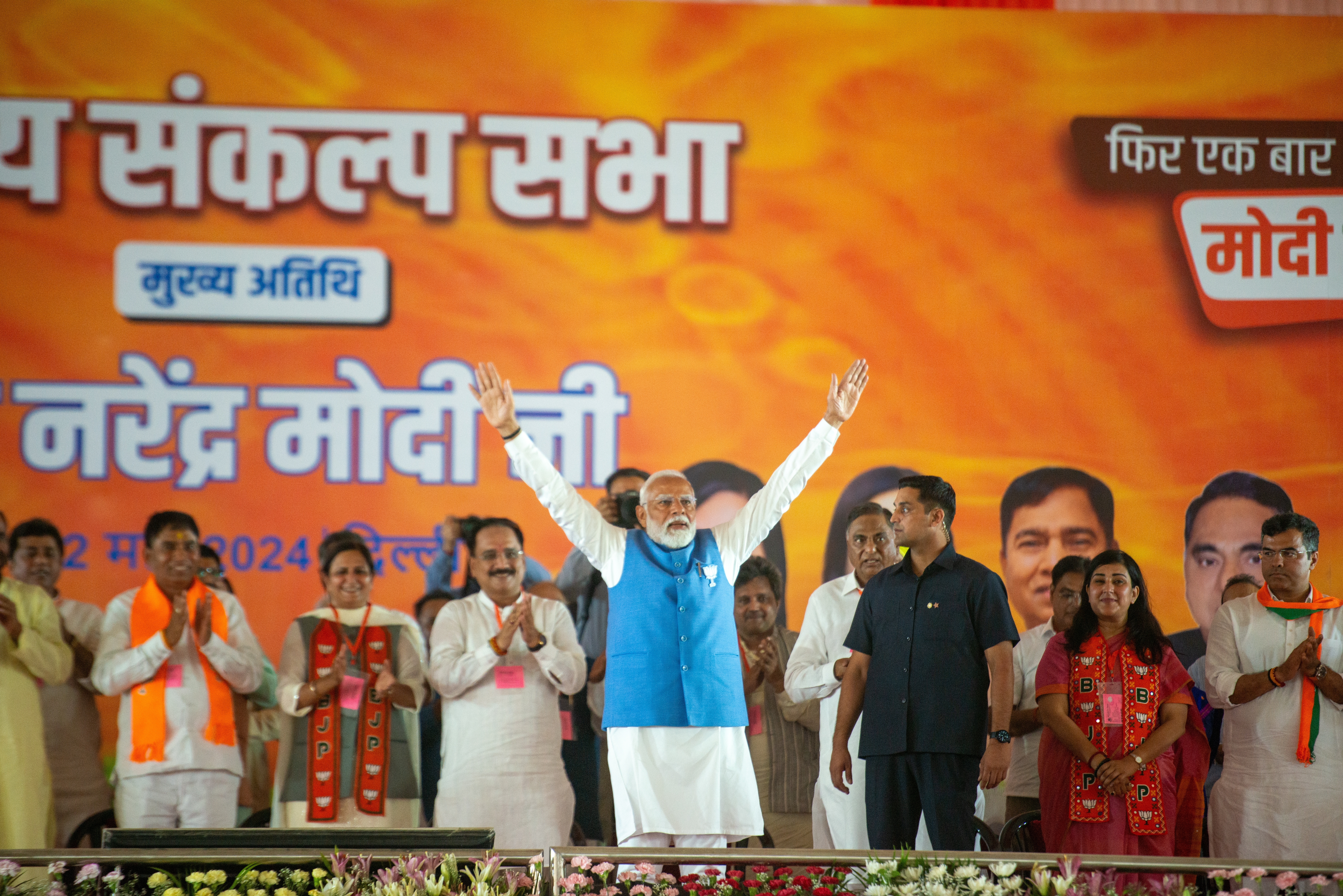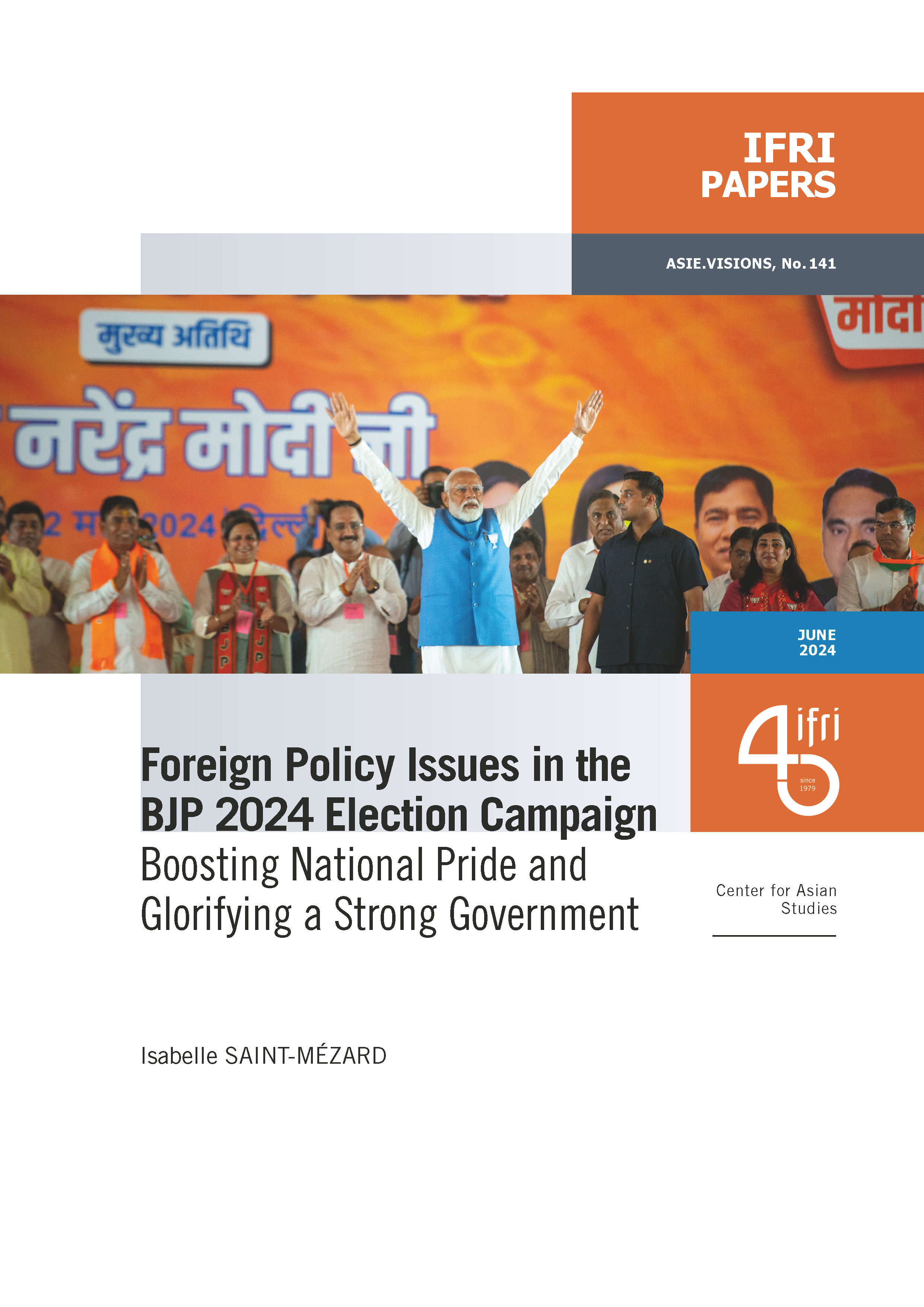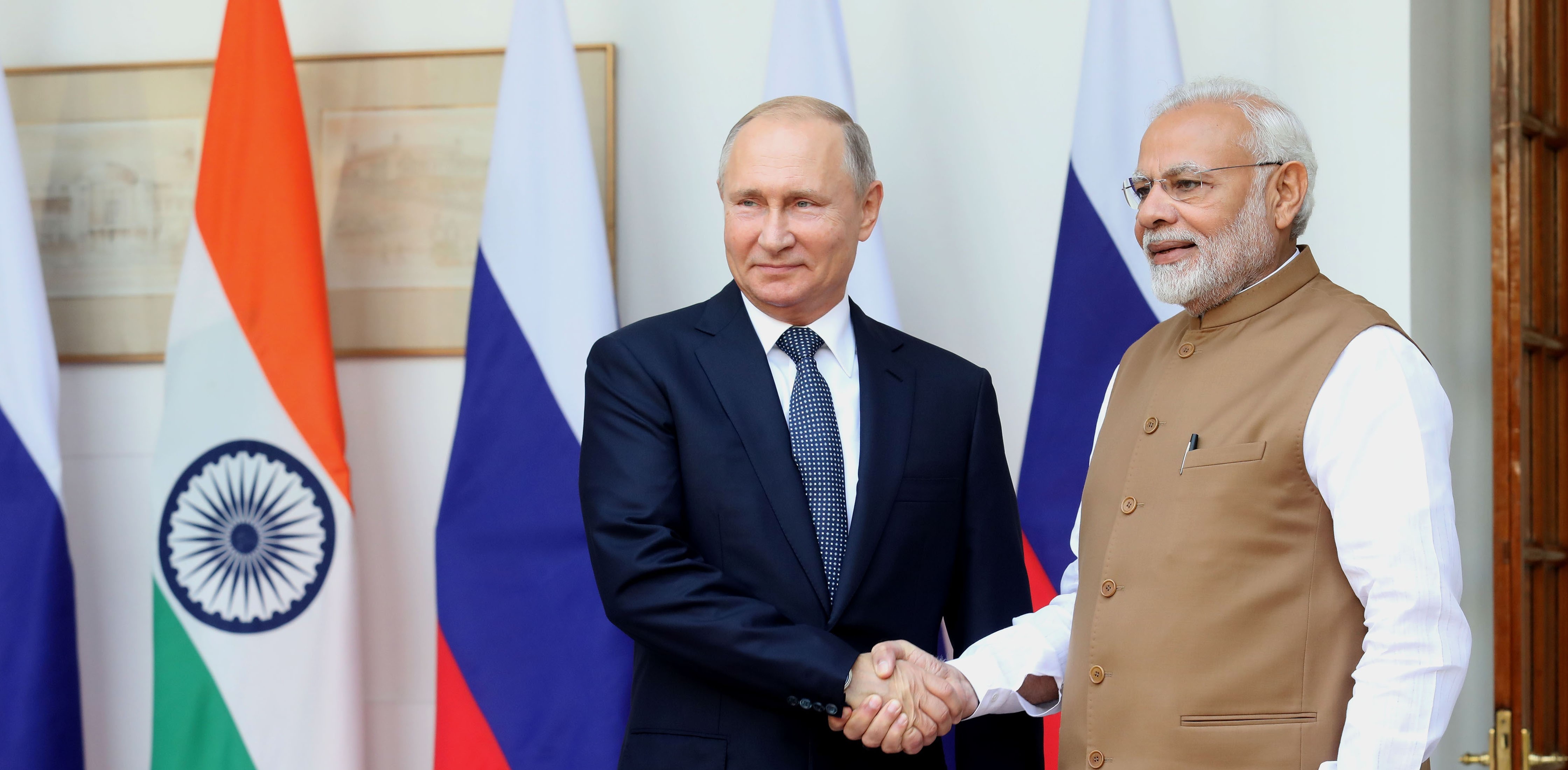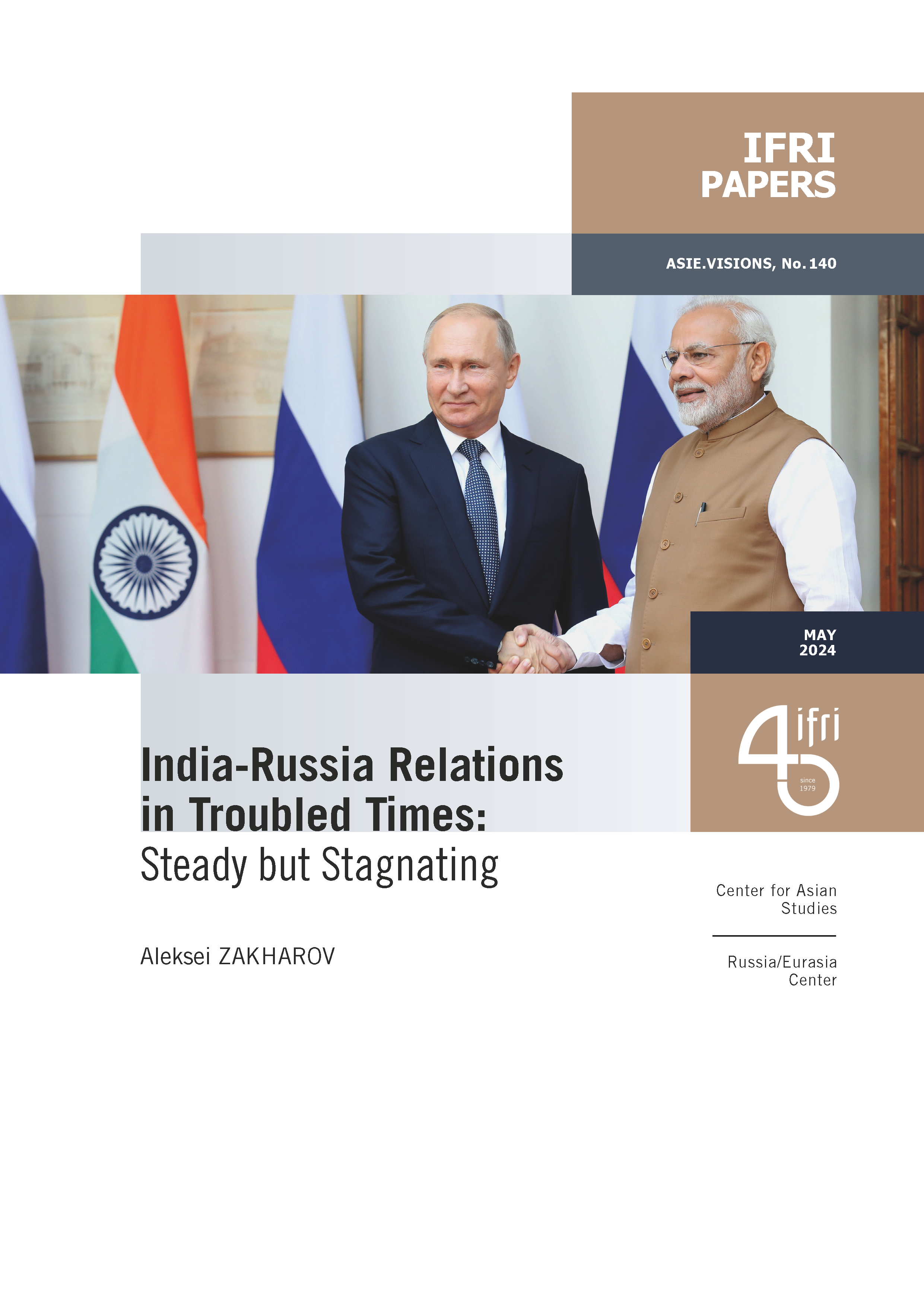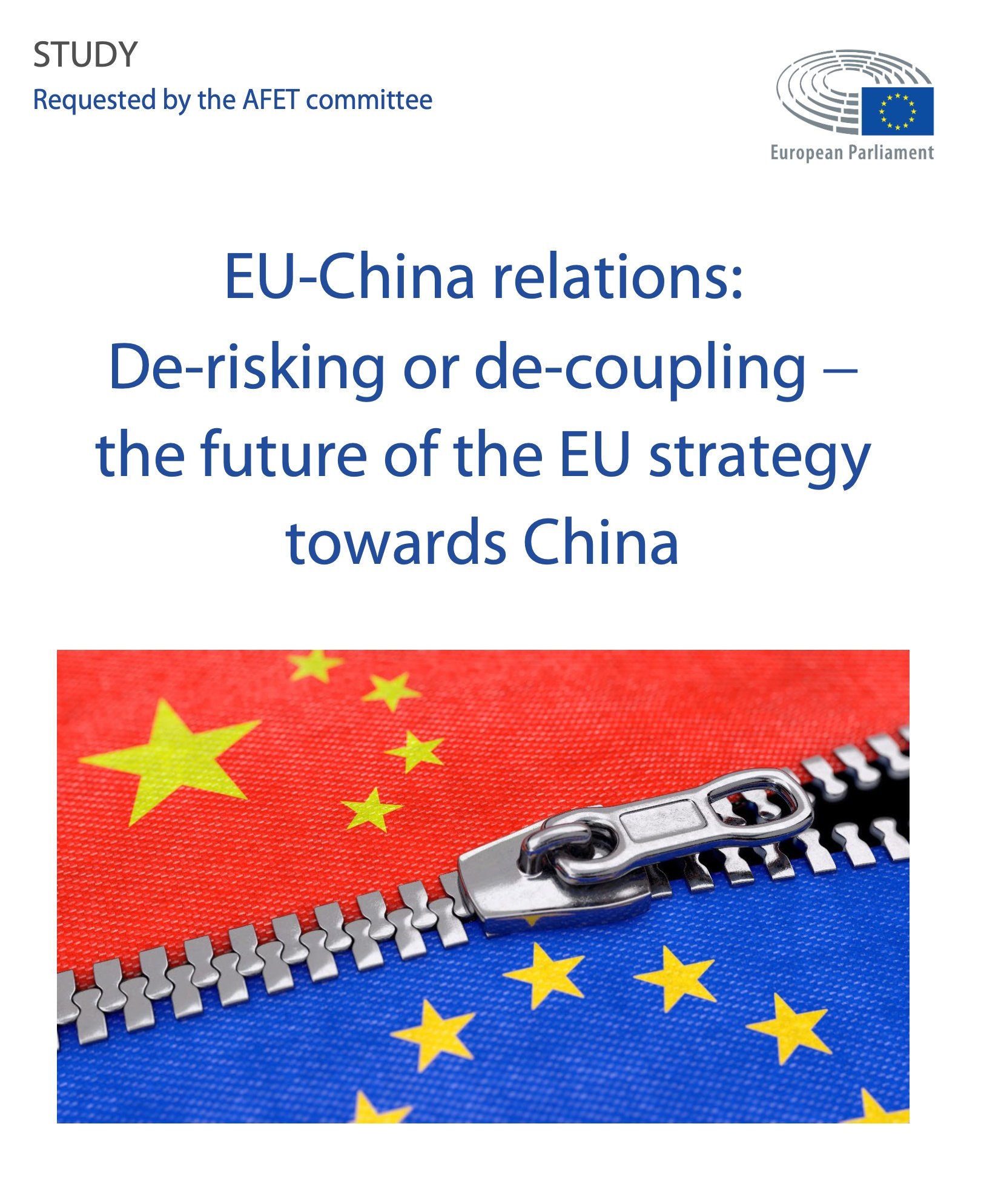Asia and Indo-Pacific
Asia and the Indo-Pacific are often presented as the heart of international relations in the 21st century.
Related Subjects




Korea in the New Asia : East Asian integration and the China factor

L'ASEAN au coeur de l'intégration économique en Asie orientale - Mythes, réalités, perspectives

Complementarity and Rivalry in EU-China Economic Relations in the 21st Century




Paths to Regionalisation - Comparing Experiences in East Asia and Europe


Support independent French research
Ifri, a foundation recognized as being of public utility, relies largely on private donors – companies and individuals – to guarantee its sustainability and intellectual independence. Through their funding, donors help maintain the Institute's position among the world's leading think tanks. By benefiting from an internationally recognized network and expertise, donors refine their understanding of geopolitical risk and its consequences on global politics and the economy. In 2025, Ifri supports more than 80 French and foreign companies and organizations.








